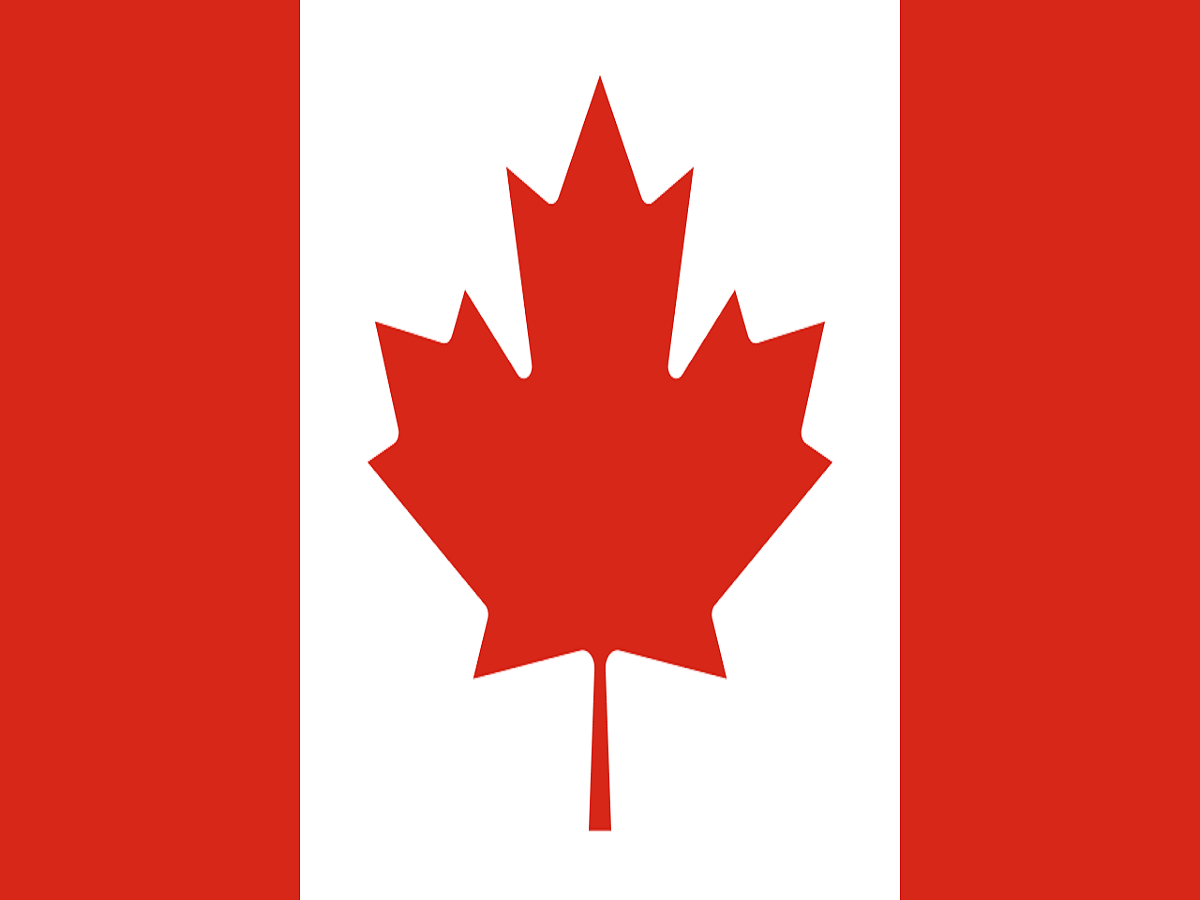
Canada Defends Cannabis Legalization To UN Commission

Canada Defends Cannabis Legalization To UN Commission
Canada was the second country to legalize cannabis for adult use, and the first G-7 nation to do so. Uruguay was the first country to legalize cannabis for adult use, however, many lawmakers and regulators across the globe keep a closer eye on what is going on in Canada because of how large the country’s economy is and the type of regulated system Canada implemented.
Whereas Uruguay’s legalization model limits legal purchases of adult-use cannabis in some ways, Canada has a robust industry in which adults can purchase adult-use cannabis all over the country (albeit sometimes only via online sales), and that includes legal purchases by tourists.
Many nations are exploring the idea of legalizing cannabis within their borders, however, a lot of countries are still hesitant to consider the public policy change. Earlier this week Michelle Boudreau, director general for Health Canada’s controlled substances department, defended Canada’s implementation of legalized adult-use cannabis to the UN Commission on Narcotic Drugs, as reported by Marijuana Moment:
In her remarks to the UN commission, Boudreau stopped short of encouraging other countries to legalize, which may have further rankled UN officials, but she pushed back against international concerns that legalization would endanger public health and young people.
“The illegal market has already lost 30% of its market share, and we have seen no corresponding increase in the overall size of the market,” Boudreau said, according to a written copy of her remarks. “This represents nearly $2 billion in sales that did not go to criminal organizations.”
She added that “initial data suggests that rates of cannabis use have not changed among youth and young adults,” nor has the country seen an increase in movement of cannabis across international borders.
For many years cannabis legalization was a ‘what if’ scenario, with cannabis opponents acting like the sky would fall if any country took the leap. When Uruguay legalized, cannabis opponents then shifted their arguments to try to paint Uruguay as a unique scenario, and that any success Uruguay’s legalization model experienced would not be replicated in developed countries.
Legalization in Canada is not perfect, however, it’s clearly a better public policy approach than prohibition, and the sky is still very much intact over Canada. As time goes on and improvements are made to Canada’s legalization model, things should improve and in the process, Canada will provide insight and lessons for other countries to learn from.
Share article


Share article
Join Our Awesome Community
Join Our Awesome Community
Join Our Awesome
Community
Get all the latest industry news
delivered to your inbox






